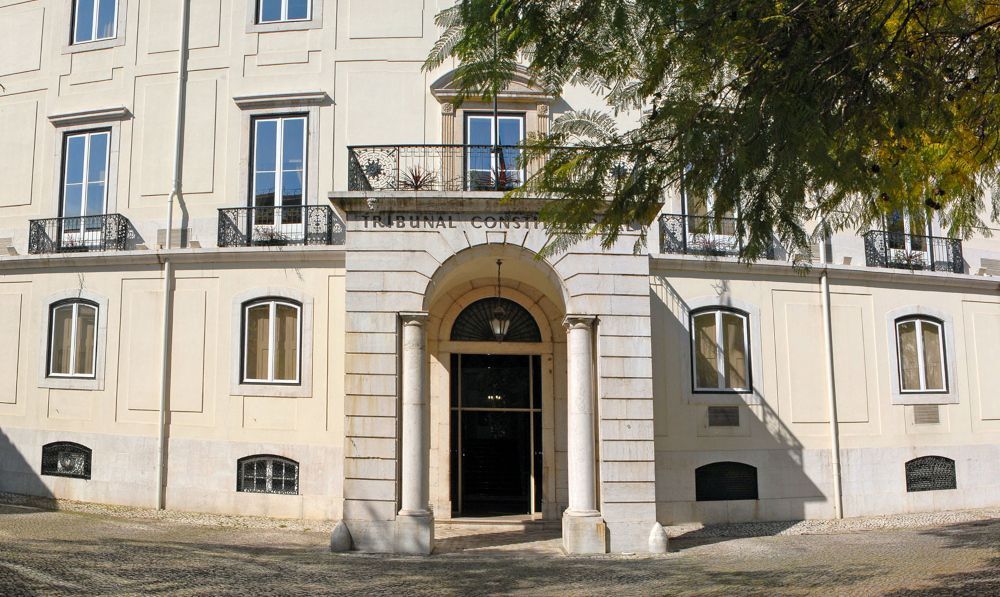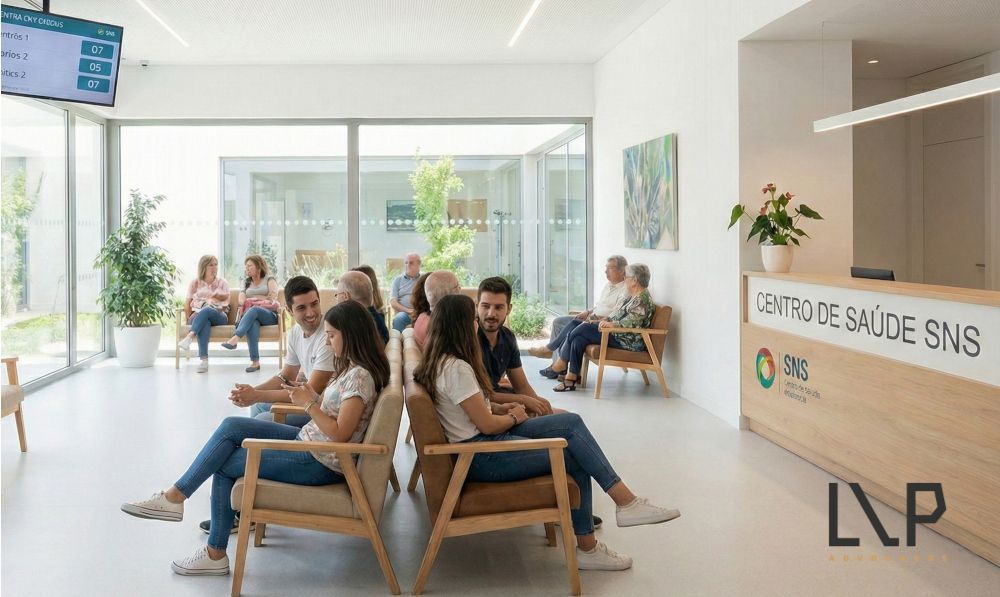The New Migrant Agency is Called AIMA, What has Changed?
On October 29, 2023, the "new" Agency for Integration, Migration, and Asylum (hereinafter referred to as AIMA) officially commenced its functions. Subsequently, the responsibilities that were previously under the purview of the Immigration and Borders Service (Serviço de Estrangeiros e Fronteiras, SEF) have been distributed to other administrative entities, including the Institute of Registries and Notaries (Instituto de Registos e Notariado, IRN).
Broadly speaking, most of the functions previously managed by the Immigration and Borders Service will now fall under the jurisdiction of AIMA. However, there are some noteworthy innovations, particularly concerning the renewal of temporary residence permits, as elaborated below.
The Institute of Registries and Notaries (IRN - Instituto dos Registos e do Notariado) will be responsible for granting and issuing all types of passports (regular, special, temporary, and foreign citizen passports) and for accepting requests for the renewal of temporary residence permits. It's worth noting that while the application is submitted to the Institute of Registries and Notaries, the ultimate decision-making authority continues to rest with AIMA.
Consequently, AIMA will handle the processing and decisions related to the renewal of residence permits in special cases, such as victims of human trafficking and individuals seeking permits for investment purposes (commonly referred to as "Golden Visas").
In addition, AIMA will be responsible for granting extensions of stay, residence permits, renewals of residence permits, residence cards, and permanent residence cards for family members of third-country nationals who are nationals of a European Union member state. AIMA will also manage permanent residence certificates for European Union citizens and residence permits for British nationals covered by the Agreement on the Withdrawal of the United Kingdom from the European Union and the European Atomic Energy Community. When necessary, AIMA will seek the input of law enforcement and security forces through the Border and Foreigners Coordination Unit (Unidade de Coordenação de Fronteiras e Estrangeiros), as required by law.
Furthermore, AIMA will issue travel documents for foreign citizens within the national territory, ensuring the control and national registration of the issued travel documents. The agency will oversee compliance with administrative responsibilities outlined in legislation governing the entry, stay, departure, and removal of foreigners from the national territory. This includes the initiation, processing, and administrative decisions related to deportation, readmission, and return.
AIMA will provide support at border crossing points for visa issuance, in coordination with the security forces responsible for border surveillance, inspection, and control. The agency will also assess family reunification rights, issue opinions on consular visa applications, and participate in processes related to Portuguese nationality. Additionally, AIMA will handle the preparation and submission of reasoned decisions on requests for the granting of equality of rights and responsibilities under international conventions.
Lastly, AIMA will initiate, process, and decide on asylum, subsidiary protection, and temporary protection procedures. This includes determining the acceptance of asylum applications, conducting the necessary procedural steps for determining the state responsible for processing the respective applications, and facilitating the transfer of applicants between European Union Member States.
It's important to note that the law permits AIMA and IRN to delegate their powers to the organs and services of the autonomous regions and other public administration bodies for the renewal of Temporary Residence Permits.
If you have further questions regarding this matter, please
feel free to reach out, and we will be delighted to assist you.










